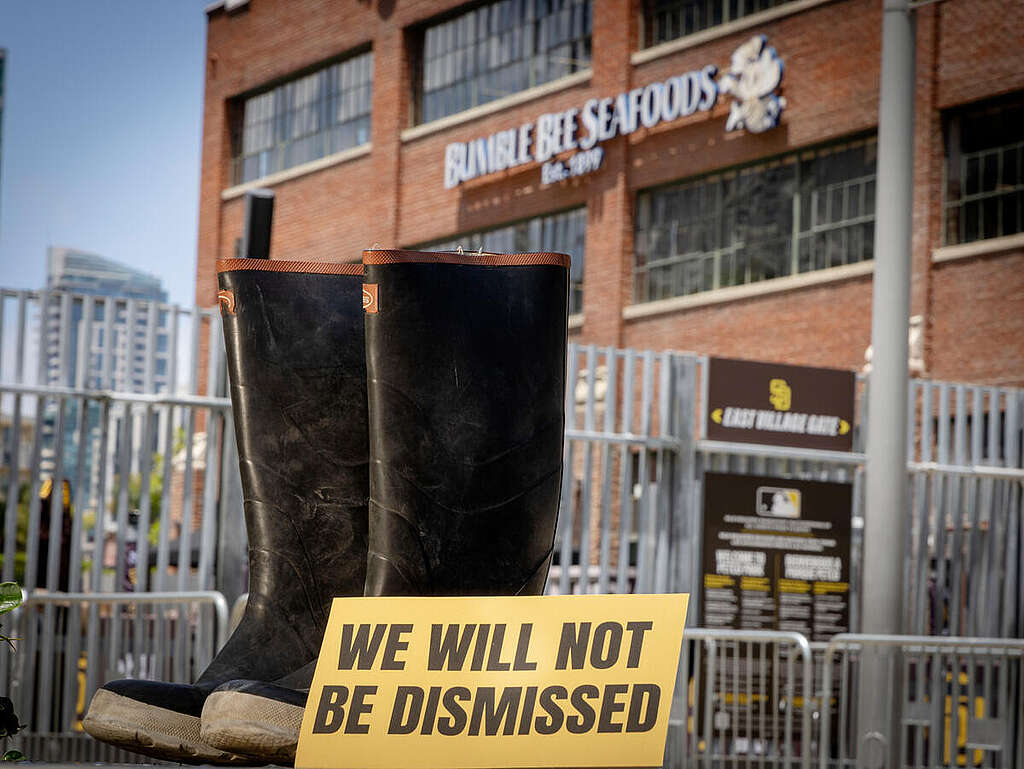Congress holds sway in D.C. justice system that Trump maligns – Roll Call

Report on Governance and Justice System Challenges in the District of Columbia in Relation to Sustainable Development Goal 16
An analysis of the criminal justice system in the District of Columbia (D.C.) reveals significant challenges to the achievement of Sustainable Development Goal 16 (SDG 16), which promotes peace, justice, and strong institutions. Tensions between federal and local governance structures are impeding the development of effective, accountable, and inclusive institutions, directly impacting public safety and access to justice for the city’s residents.
SDG 16.6 & 16.7: Institutional Efficacy and Responsive Governance
The unique governance structure of the District of Columbia presents a complex challenge to responsive and effective decision-making. Federal involvement in local affairs creates a dynamic where institutional accountability is contested.
- Federal Influence: The U.S. Congress retains the authority to overturn criminal statutes passed by the locally elected D.C. Council.
- Presidential Appointments: Key justice system officials, including the local prosecutor and local judges, are nominated by the U.S. President and require Senate confirmation.
- Conflicting Mandates: The federal administration has asserted direct control over the Metropolitan Police Department, citing failures in local leadership. Conversely, local officials argue that federal actions are political and overlook substantive measures to enhance public safety, thereby undermining the principles of responsive local governance as outlined in SDG 16.7.
Impediments to Access to Justice (SDG 16.3)
Critical operational deficiencies, exacerbated by federal-local political friction, are undermining the rule of law and equal access to justice in the District. These issues directly contravene the objectives of SDG 16.3.
Budgetary Constraints and Public Safety
Financial restrictions imposed at the federal level have a direct impact on the District’s capacity to deliver essential public services, a core component of building sustainable and safe communities (SDG 11). A recent congressional continuing resolution restricted D.C. from utilizing $1.1 billion in locally budgeted funds. While the Senate passed a measure to release these funds, House inaction has stalled the fix, potentially limiting the city’s ability to hire more police officers and fund public safety initiatives.
Judicial Vacancies and Systemic Delays
A severe shortage of judges in the D.C. court system is a primary obstacle to the timely administration of justice. This backlog directly impacts victims, defendants, and the overall integrity of the legal process.
- Vacancy Rate: Approximately one in five judicial seats in the District are currently vacant. This includes 13 vacancies on the 61-judge trial court and two on the 11-judge appellate court.
- Impact on Case Processing: The judicial shortage has led to a significant increase in the time required to resolve cases.
- The average processing time for felony cases increased from 435 days in 2019 to 655 days in 2023.
- Systemic Consequences: These delays contribute to overcrowding and unsafe conditions in the city’s jail, placing further strain on correctional institutions and challenging the fair and humane treatment of individuals within the justice system, a key tenet of SDG 16.
Policy Directions and Institutional Stalemate
Proposed solutions from federal and local authorities reflect divergent philosophies on strengthening justice institutions. The federal administration has indicated its intent to seek congressional action to alter D.C.’s local laws, including its no-cash bail policy. This approach is met with strong opposition from other political leaders, highlighting a political stalemate that hinders progress toward building the strong, effective, and accountable institutions envisioned by SDG 16.
Analysis of Sustainable Development Goals in the Article
1. Which SDGs are addressed or connected to the issues highlighted in the article?
The primary Sustainable Development Goal (SDG) addressed in the article is:
- SDG 16: Peace, Justice and Strong Institutions
Explanation: The article extensively discusses the functioning of the criminal justice system in the District of Columbia. It highlights issues related to governance, the rule of law, access to justice, and the effectiveness of institutions. Specific points include the conflict between local and federal governance, the process for appointing judges and prosecutors, judicial vacancies impacting the courts, budget cuts affecting public services, and debates over criminal justice policies like no-cash bail. These topics are central to the mission of SDG 16, which aims to “promote peaceful and inclusive societies for sustainable development, provide access to justice for all and build effective, accountable and inclusive institutions at all levels.”
2. What specific targets under those SDGs can be identified based on the article’s content?
Based on the article’s focus on the justice system and governance, the following specific targets under SDG 16 can be identified:
-
Target 16.3: Promote the rule of law at the national and international levels and ensure equal access to justice for all.
Explanation: The article directly addresses failures in providing timely access to justice. It states that judicial vacancies have caused significant delays, with felony cases taking an average of 655 days to process in 2023, up from 435 days in 2019. This delay “puts strain on all aspects of the system, from victims to witnesses and defendants themselves,” directly impacting the principle of equal and speedy access to justice.
-
Target 16.6: Develop effective, accountable and transparent institutions at all levels.
Explanation: The article highlights institutional ineffectiveness and accountability issues. The high number of judicial vacancies (“13 on the 61-judge trial court and two on the 11-judge appellate court”) demonstrates a critical weakness in the judicial institution’s capacity. Furthermore, the conflict over the D.C. budget, where Congress restricted “$1.1 billion in locally budgeted funds,” and the federal government’s control over local police and judicial appointments, raises questions about the effectiveness and accountability of governance structures in the District.
-
Target 16.7: Ensure responsive, inclusive, participatory and representative decision-making at all levels.
Explanation: The article details a power struggle between the locally-elected D.C. Council and the federally-led Congress and executive branch. The fact that Congress can overturn laws passed by the D.C. Council, as it did in 2023 with the “overhaul of the District’s criminal code,” undermines the principle of representative decision-making for the residents of D.C. The federal takeover of the Metropolitan Police Department against the wishes of local leaders is another example of non-participatory and non-responsive governance.
3. Are there any indicators mentioned or implied in the article that can be used to measure progress towards the identified targets?
Yes, the article mentions or implies several quantitative and qualitative indicators that can be used to measure progress:
-
For Target 16.3 (Access to Justice):
- Indicator: The average time required to process criminal cases. The article provides specific data: “Felony cases took an average of 435 days in 2019, and crept up to an average of 655 days in 2023.” This is a direct measure of the efficiency and accessibility of the justice system.
-
For Target 16.6 (Effective Institutions):
- Indicator: The proportion of judicial positions that are vacant. The article specifies there are “13 on the 61-judge trial court and two on the 11-judge appellate court” vacant, meaning “about one of five judicial seats in the District are currently vacant.” This metric directly reflects the operational capacity of the judicial institution.
- Indicator: The ability of a local government to utilize its own budget. The article mentions that a continuing resolution “restricted the District from being able to use $1.1 billion in locally budgeted funds,” indicating an institutional constraint imposed externally.
-
For Target 16.7 (Responsive Decision-Making):
- Indicator: The number of locally passed laws overturned by a higher level of government. The article cites a specific instance: “In 2023… Congress passed a resolution to overrule a D.C. Council-passed overhaul of the District’s criminal code.” This serves as a clear indicator of the limits on local representative decision-making.
4. Table of SDGs, Targets, and Indicators
| SDGs | Targets | Indicators Identified in the Article |
|---|---|---|
| SDG 16: Peace, Justice and Strong Institutions | 16.3: Promote the rule of law… and ensure equal access to justice for all. |
|
| SDG 16: Peace, Justice and Strong Institutions | 16.6: Develop effective, accountable and transparent institutions at all levels. |
|
| SDG 16: Peace, Justice and Strong Institutions | 16.7: Ensure responsive, inclusive, participatory and representative decision-making at all levels. |
|
Source: rollcall.com

What is Your Reaction?
 Like
0
Like
0
 Dislike
0
Dislike
0
 Love
0
Love
0
 Funny
0
Funny
0
 Angry
0
Angry
0
 Sad
0
Sad
0
 Wow
0
Wow
0
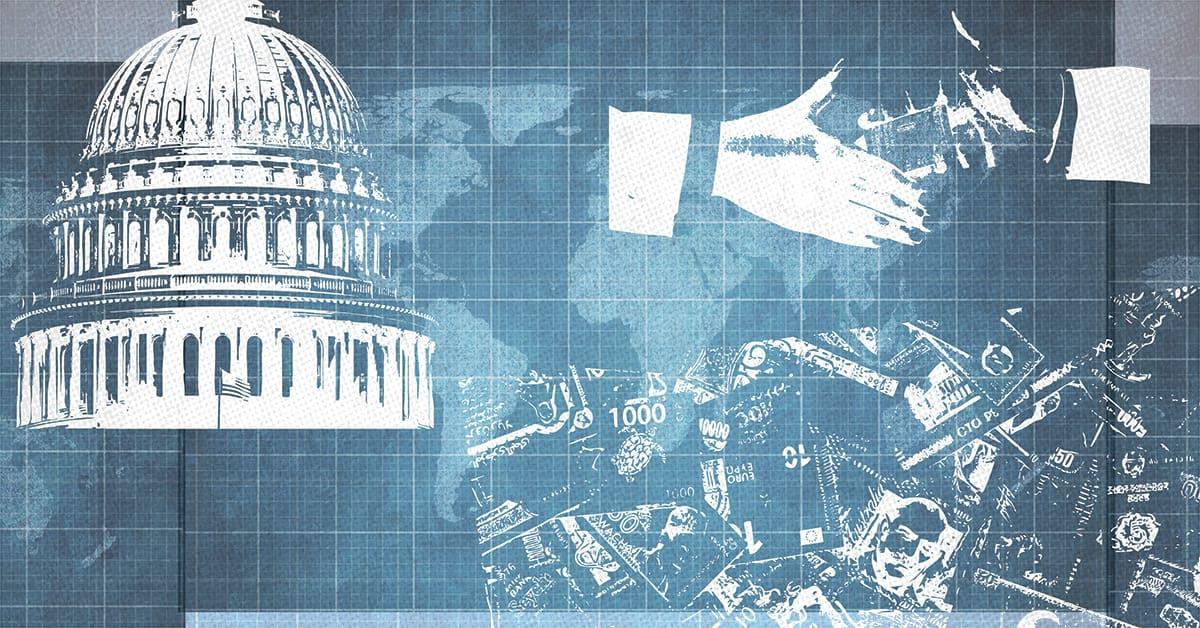




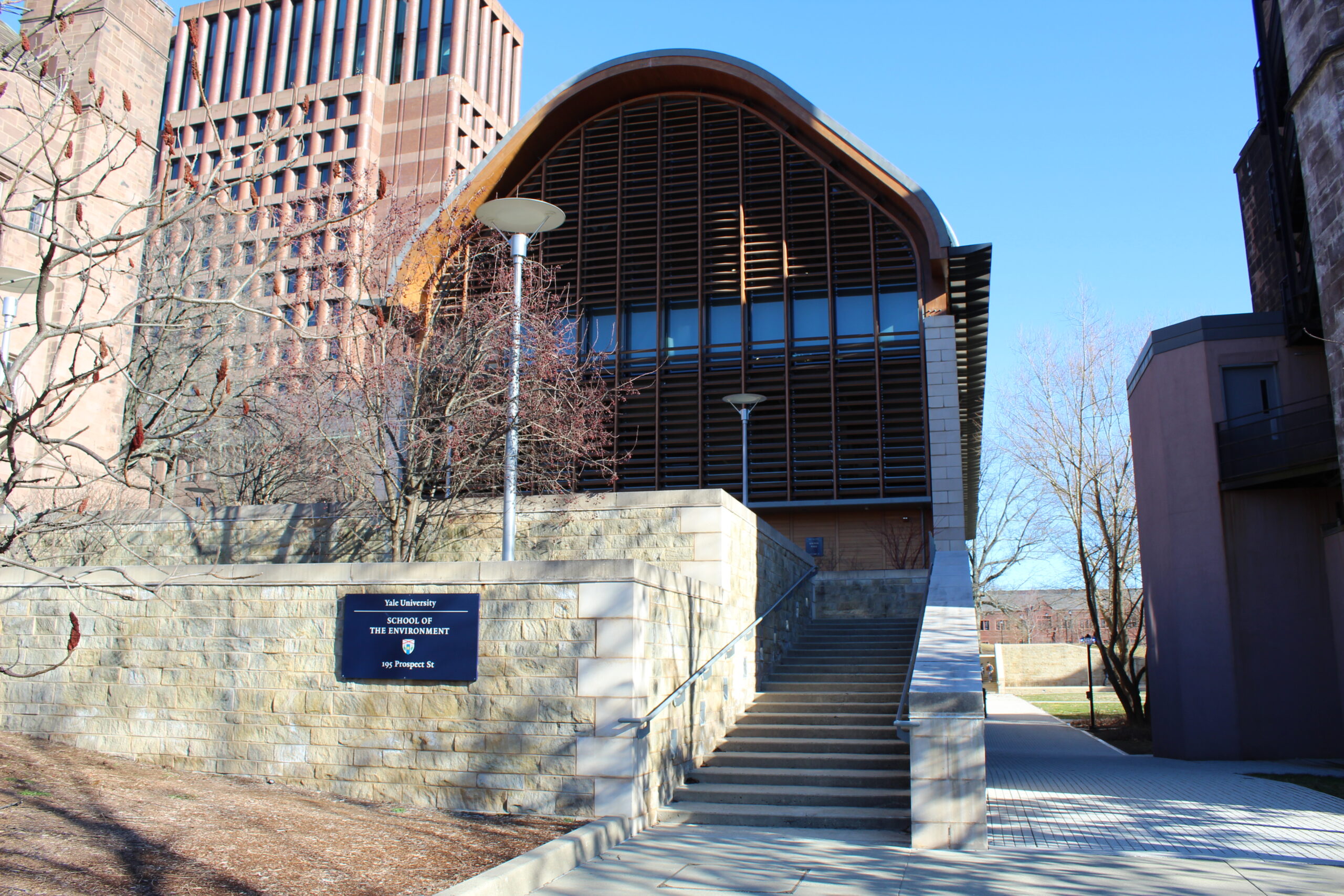

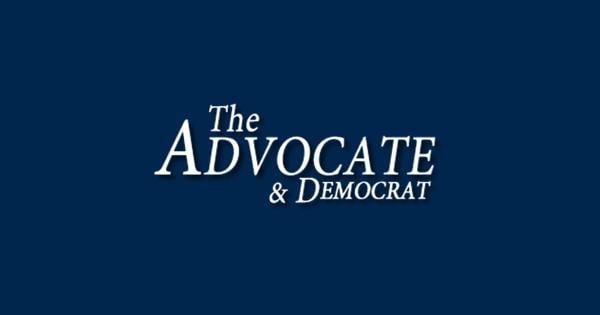







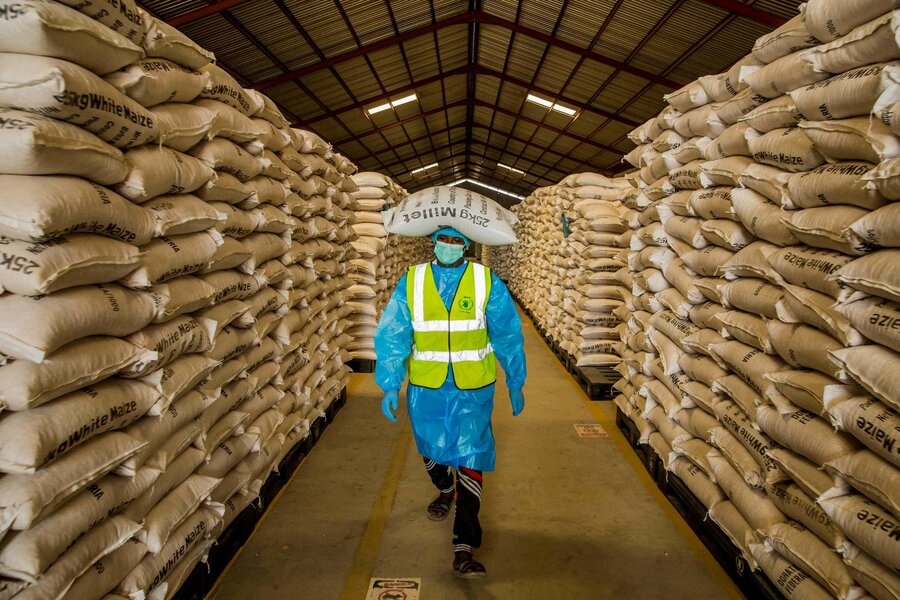








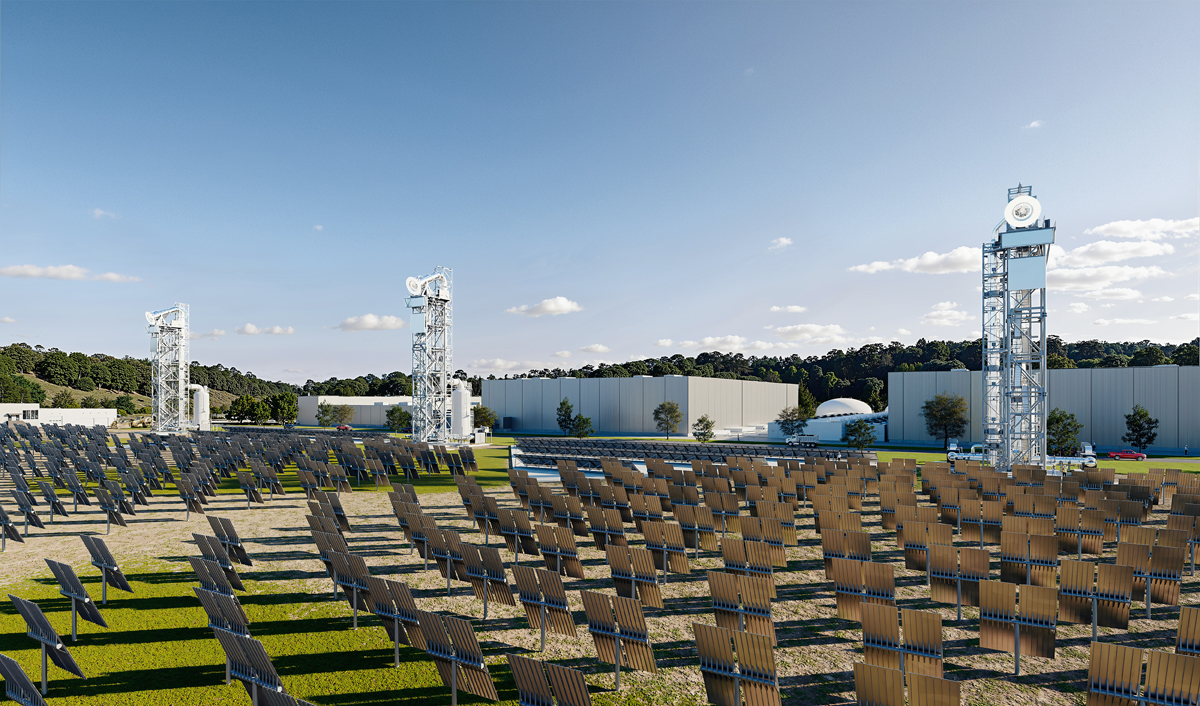






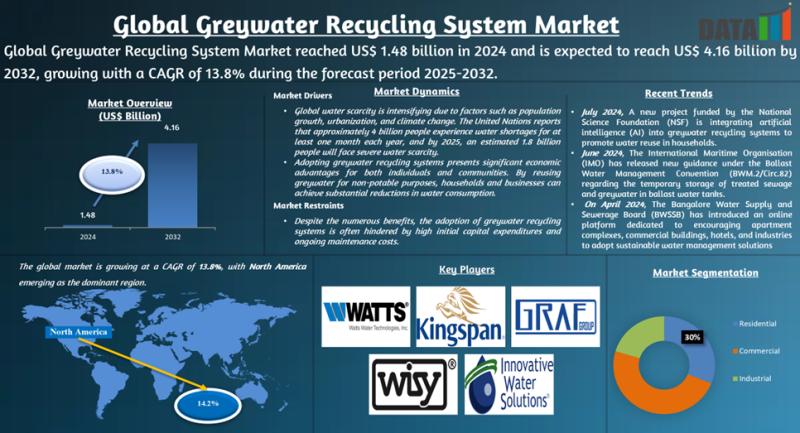

















:focal(1500,1000)/https://media.globalcitizen.org/a6/9a/a69a4720-d8a1-4715-b596-18738d03c05c/rotary_polio_hero_image.jpg?#)



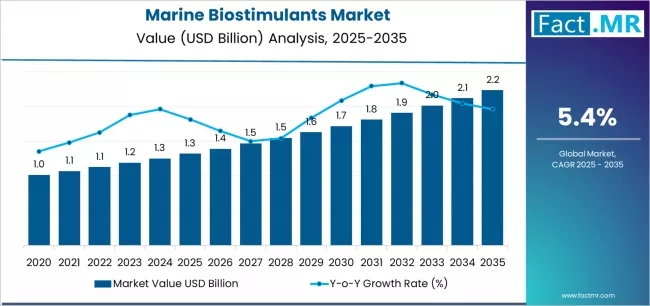


/countries/sri-lanka/photo-credit---dmc-sri-lanka.tmb-1200v.jpg?sfvrsn=dc298bcc_1#)

















